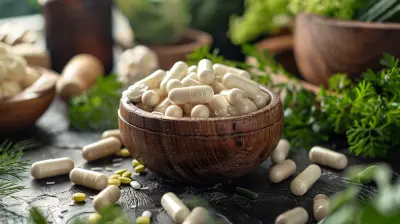Can a Detox Diet Really Benefit Your Health?
11 August 2025
Detox diets have been trending for years, promising everything from increased energy to clearer skin and weight loss. But do they really live up to the hype? Or are they just another passing fad in the world of wellness? Let's dive deep into the world of detox diets, separate fact from fiction, and see if they’re actually beneficial—or just another gimmick. 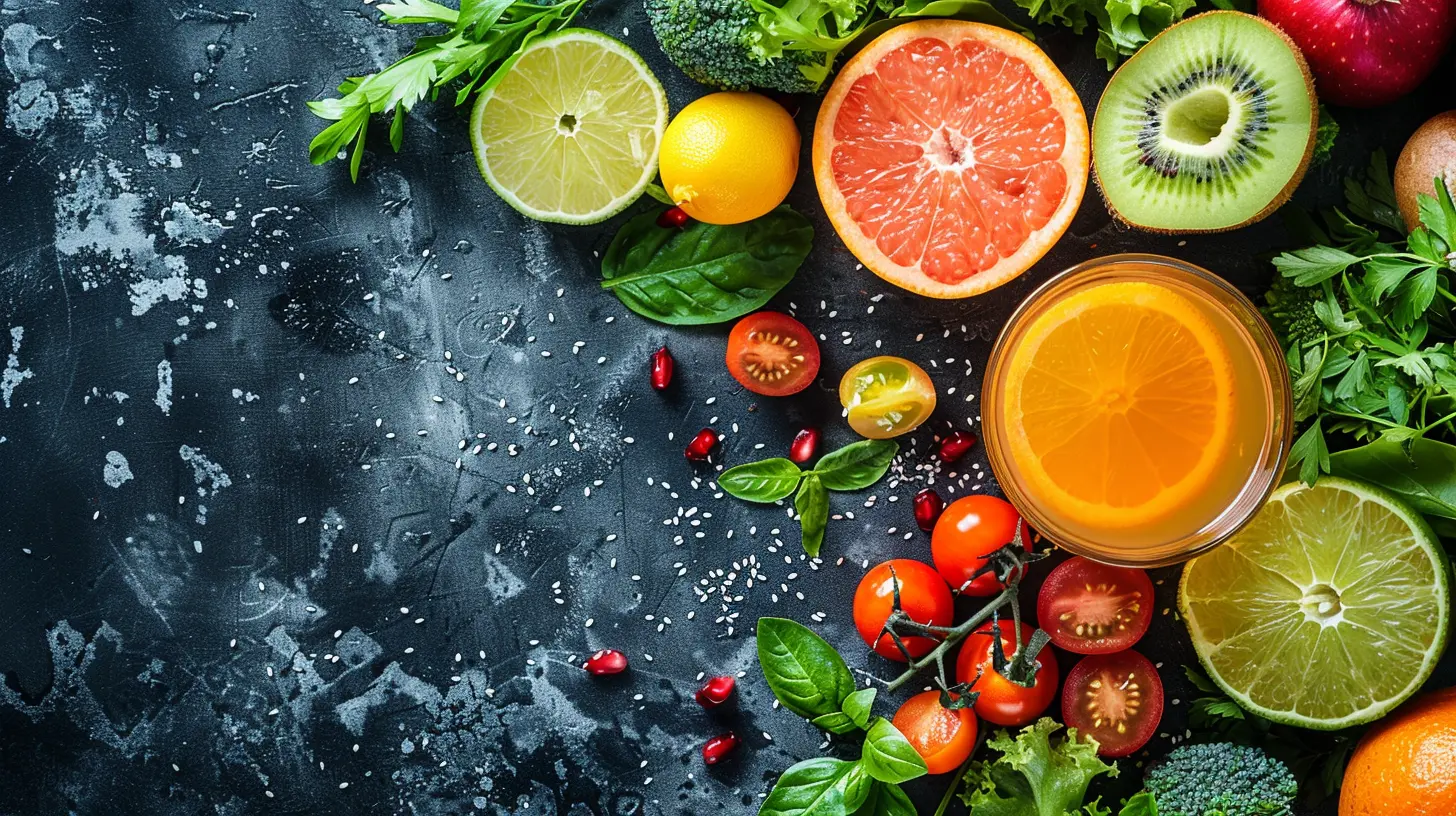
What Is a Detox Diet?
At its core, a detox diet is designed to help the body eliminate toxins. These diets typically involve a period of fasting followed by a strict regimen of fruits, vegetables, juices, teas, and sometimes supplements. The idea is that by cutting out processed foods, sugar, and alcohol, you give your body a break and allow it to cleanse itself.While the human body already has sophisticated detoxification systems—think liver, kidneys, and skin—supporters of detox diets argue that modern living exposes us to more toxins than our bodies can handle. But is this true? 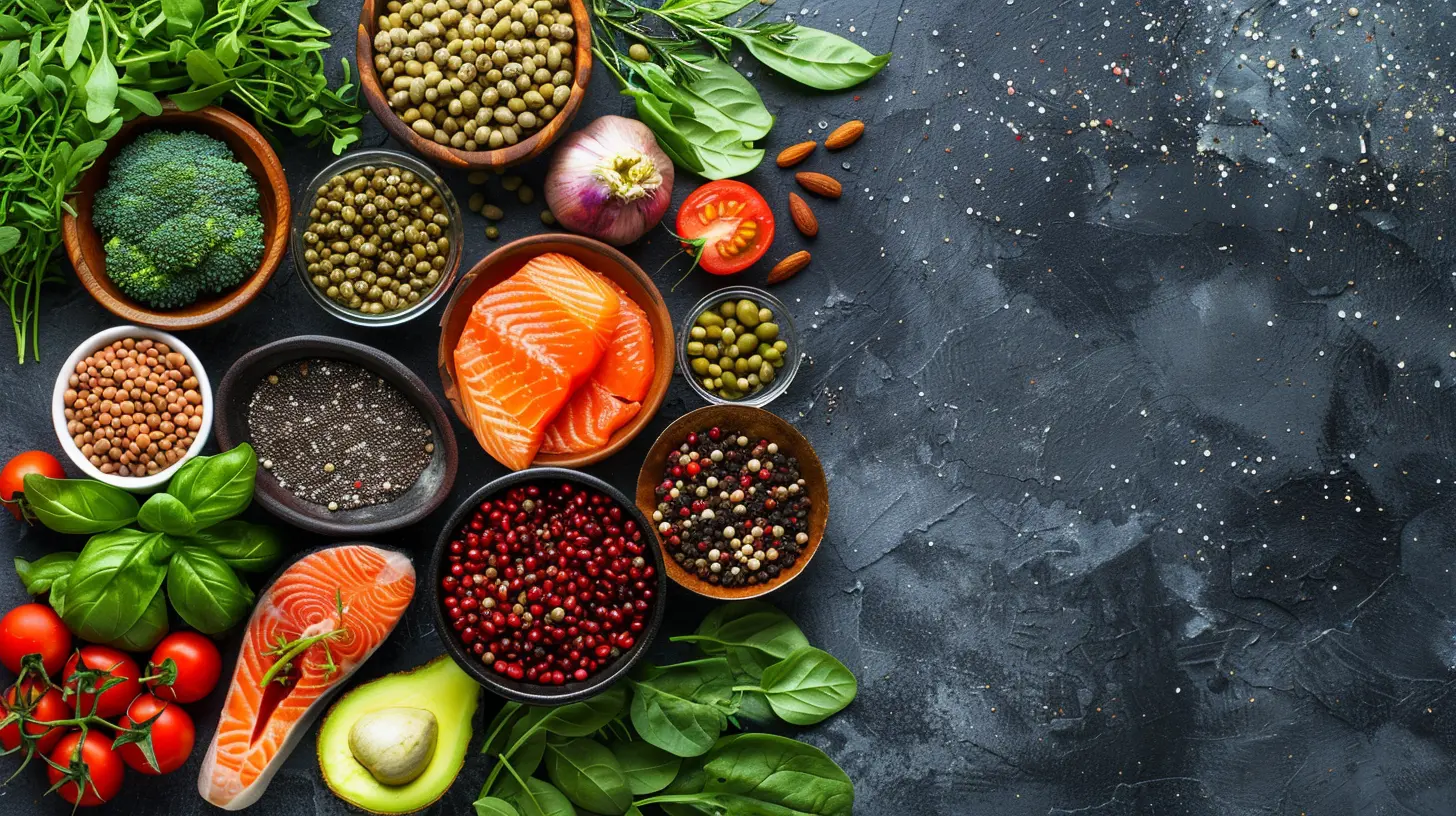
The Science Behind Detoxification
Your body is naturally equipped to expel harmful substances through processes in the liver, kidneys, digestive system, skin, and lungs. These organs work together to filter out toxins, metabolize waste, and eliminate harmful compounds.- The Liver: Acts as the primary detox organ by breaking down toxins into water-soluble compounds that can be excreted.
- The Kidneys: Filter waste products from the blood and eliminate them through urine.
- The Skin: Helps remove toxins through sweat.
- The Lymphatic System: Plays a crucial role in flushing out unwanted waste.
So, if our bodies already have built-in detox mechanisms, do we really need a detox diet? 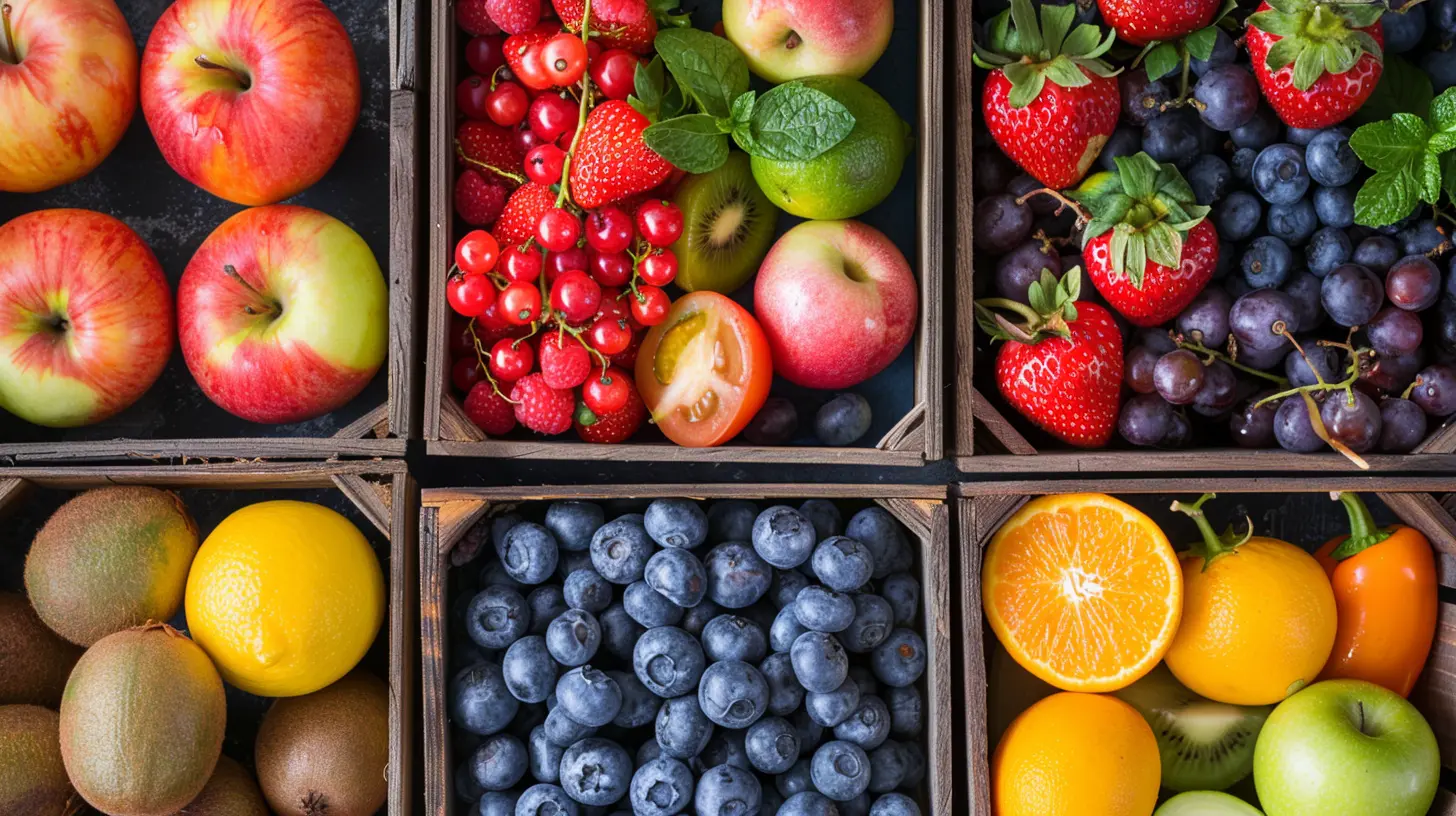
Potential Benefits of a Detox Diet
While there’s skepticism around detox diets, some benefits are worth considering. Even if a detox program isn’t actively "flushing out toxins," it can still have positive effects on overall health.1. Encourages Healthier Eating Habits
Most detox diets eliminate processed foods, refined sugars, and artificial additives—things widely recognized as unhealthy. By focusing on whole, nutrient-dense foods, you may naturally adopt healthier eating patterns.2. Supports Hydration and Gut Health
Detox diets often emphasize hydration, encouraging more water intake. Proper hydration is essential for digestion, circulation, and overall health. Additionally, consuming fiber-rich fruits and vegetables can promote gut health and improve digestion.3. May Reduce Inflammation
Excess consumption of processed foods and alcohol can contribute to inflammation in the body, which is linked to chronic diseases. A detox diet that emphasizes whole foods may help reduce inflammation and promote better long-term health.4. Possible Boost in Energy Levels
Many people report feeling more energized after a detox. Cutting out sugar and caffeine can reduce energy crashes, while eating nutrient-dense foods provides a steady source of energy.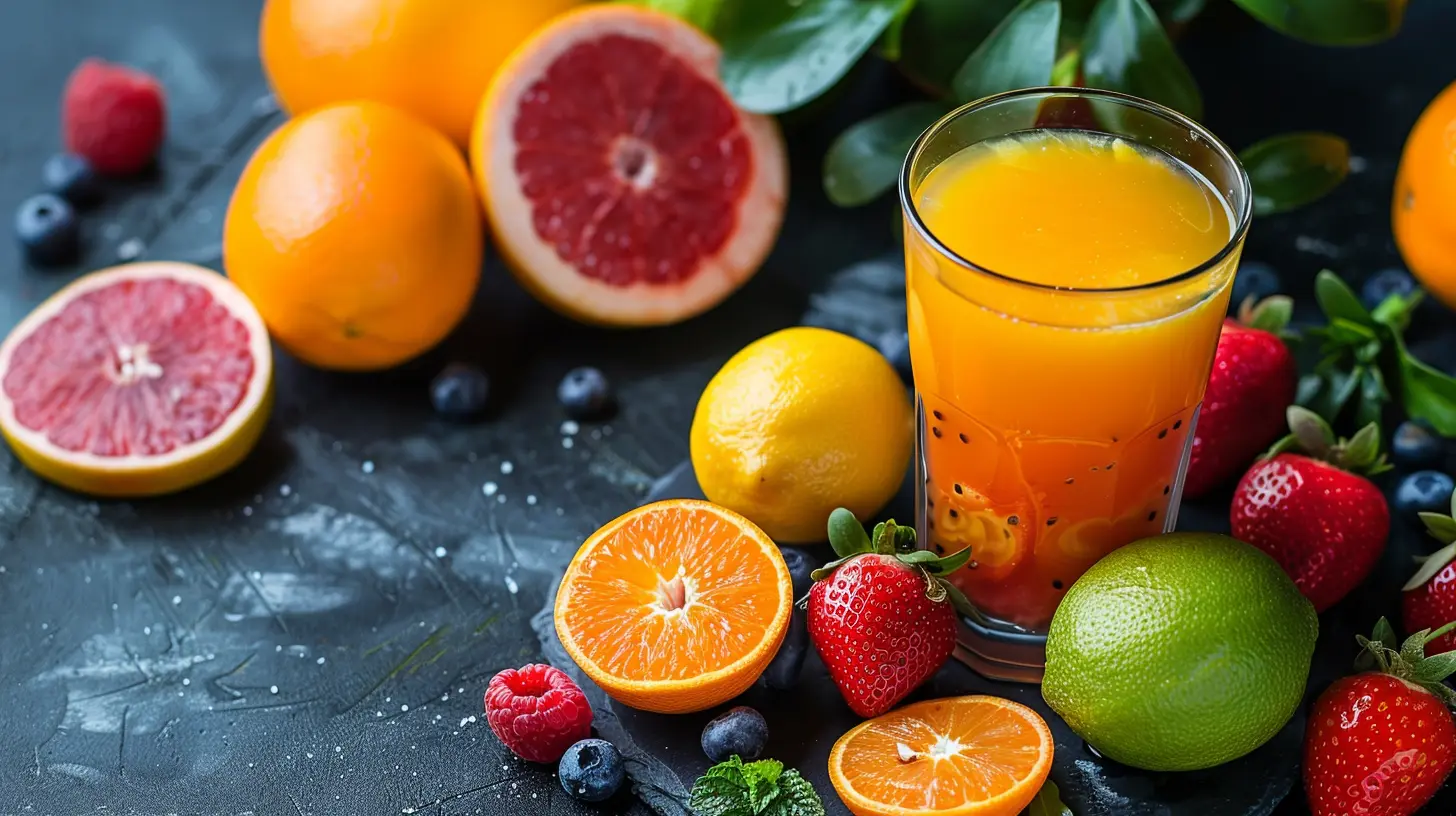
The Downsides of Detox Diets
While detox diets have potential benefits, they also come with risks. They aren’t a magic fix for long-term health and can sometimes do more harm than good.1. Lack of Scientific Evidence
There’s little scientific proof that detox diets help remove built-up toxins from the body any more effectively than our natural detox systems. Many claims made by detox programs aren’t backed by credible research.2. Nutrient Deficiencies
Extreme detox programs that rely on juice fasts or prolonged fasting can lead to nutrient deficiencies, depriving the body of essential proteins, fats, and vitamins. This can slow metabolism and weaken the immune system.3. Short-Term Weight Loss (That Comes Right Back)
Yes, detox diets can lead to weight loss, but most of that weight is water weight—not fat loss. The moment you return to regular eating habits, the lost weight often returns.4. May Lead to Unhealthy Eating Patterns
Some detox plans encourage severe calorie restriction, which can lead to feelings of deprivation and binge-eating later on. For some, detoxing can trigger an unhealthy relationship with food.Are Detox Diets Necessary?
The truth? Your body is already detoxing every single day. While detox diets may help eliminate unhealthy foods temporarily, they’re not essential for cleansing your body. Instead of relying on extreme detox plans, a more sustainable approach would be to adopt a balanced, long-term healthy diet.A Smarter Approach to Detoxing
If you want to support your body’s natural detox processes without resorting to extreme diets, here are some healthier habits to adopt instead:1. Eat Nutrient-Rich Foods
Focus on whole foods like fruits, vegetables, lean protein, and healthy fats. Leafy greens, citrus fruits, beets, and cruciferous vegetables (broccoli, cauliflower) are especially good for liver health.2. Drink Plenty of Water
Water helps flush out toxins through sweat, urine, and digestion. Aim for at least 8 glasses a day. Adding lemon or herbal teas can provide extra benefits.3. Move Your Body
Exercise improves circulation and helps the lymphatic system drain toxins more efficiently. Even simple activities like walking or yoga can enhance detox processes.4. Get Enough Sleep
Your body regenerates and detoxifies during sleep. Poor sleep can hinder your body's ability to repair itself. Aim for 7–9 hours of quality sleep per night.5. Reduce Processed Foods & Alcohol
Eating fewer processed foods and cutting back on alcohol can lighten the load on your liver and digestive system, allowing them to function better.Final Thoughts: Is a Detox Diet Worth It?
A short-term detox may help reset unhealthy habits, but it’s not a long-term solution. Instead of chasing quick fixes, focus on sustainable, healthy eating habits that support your body’s natural detoxification system.Rather than following drastic detox plans, try incorporating small, daily habits that promote overall well-being. The best detox plan? A balanced diet, plenty of water, regular exercise, and good sleep. Your body will thank you.
all images in this post were generated using AI tools
Category:
Healthy EatingAuthor:

Eileen Wood
Discussion
rate this article
1 comments
Greyson Elliott
Sure, because nothing says 'health' like surviving on juice and kale while dreaming of pizza. Detox or delusional?
September 1, 2025 at 4:09 AM

Eileen Wood
It's important to find a balanced approach to health that works for you, as extreme diets may not be sustainable or beneficial long-term.

